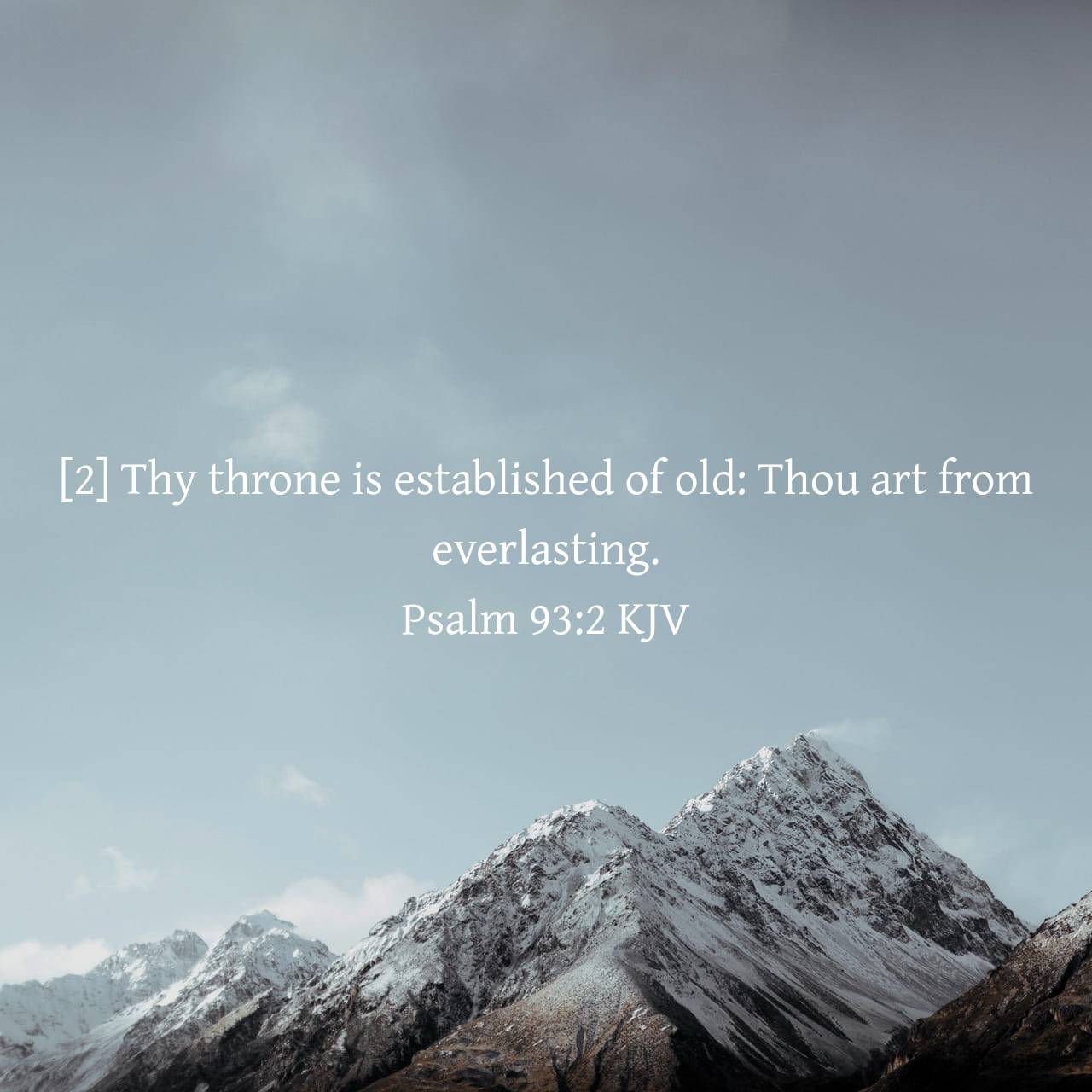The doctrine of the "eternal generation of the Son" and its connection to the philosophical concept of timelessness raises important theological and philosophical questions. Let’s break down the key issues, contradictions, and scriptural perspectives involved:
1. Immutability vs. Timelessness
Malachi 3:6 and Hebrews 13:8 affirm God's unchanging character, which ensures His trustworthiness and faithfulness. However, equating immutability with philosophical timelessness introduces several challenges:
- Philosophical timelessness: Suggests God exists in a static "eternal present," outside past, present, and future.
- Biblical immutability: Refers to God’s unchanging nature, will, and promises over time, while Scripture shows Him interacting dynamically with creation (e.g., Genesis 6:6; Exodus 32:14).
Contradiction: Timelessness implies a God who cannot engage temporally, whereas the Bible depicts God as actively involved in history.
2. Eternal Generation of the Son
The idea that the Son is "eternally begotten" arises from interpreting John 8:42 and similar passages through the lens of timelessness. This has implications:
- Scriptural tension: Jesus states He "came from" the Father (John 8:42), which refers to His mission and incarnation, not necessarily an eternal ontological process.
- Dynamic relationship: The Bible emphasizes the distinct yet unified roles of Father, Son, and Spirit, not a timeless, ongoing generation. For example, John 1:1-14 focuses on the Word becoming flesh, a concrete act in time.
Calvin's critique: He opposed the notion of continuous generation, arguing that the Trinity exists eternally without requiring a timeless process.
3. God's Eternality in Relation to Time
The Bible presents God as eternal (Psalm 90:2), but His eternality does not necessarily mean timelessness in the Aristotelian sense. God is described as acting within time:
- "When the set time had fully come, God sent his Son…" (Galatians 4:4)
- "From everlasting to everlasting, you are God." (Psalm 90:2)
God’s eternality may be better understood as His ability to encompass and transcend time, engaging with creation without being limited by time’s flow.
4. Scriptural Counterpoints to Timeless Eternal Generation
Several verses emphasize Jesus’ distinct mission and relationship with the Father without implying timeless generation:
- "The Word became flesh and dwelt among us." (John 1:14) – This is a historical event, not an eternal process.
- "This is My beloved Son, in whom I am well pleased." (Matthew 3:17) – Indicates a relational affirmation, not timeless ontology.
- "For in Him dwells all the fullness of the Godhead bodily." (Colossians 2:9) – Points to the incarnation rather than eternal generation.
5. Practical and Theological Concerns
The theory of eternal generation can create confusion about the distinct roles of the Trinity and risk overshadowing the relational, redemptive dynamics central to Scripture. Moreover:
- Relational dynamics: Scripture emphasizes the Father's love and sending of the Son (John 3:16), the Son’s obedience (Philippians 2:8), and the Spirit’s empowerment (John 16:13).
- Salvific focus: The biblical narrative prioritizes Christ’s historical mission and redemptive work, not abstract metaphysical speculations about timeless processes.
Conclusion
The doctrine of eternal generation, as rooted in Aristotelian timelessness, faces logical and scriptural challenges. A biblical understanding highlights God's relational, dynamic nature and His active engagement in history. Christ’s mission and unity with the Father affirm their shared divine nature while respecting their distinct roles, without requiring timeless metaphysical frameworks.
(This was derived from a footnote in a paper by Moon.)
